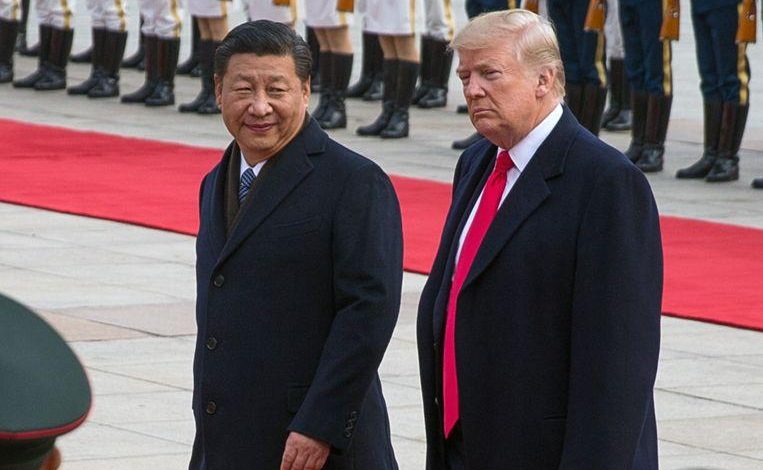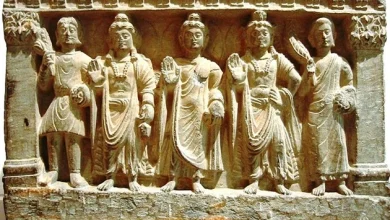China threatens U.S. with sanctions after U.S. law on Hong Kong

Donald Trump has increased pressure on China, announcing the end of the United States’ preferential economic regime in Hong Kong and signing a law providing for sanctions against “repression” in Chinese territory. In response, Beijing threatened Washington with reprisals.
China threatened the United States with retaliation on July 15th for President Trump’s promulgation of sanctions against Beijing’s treatment of the autonomous Chinese territory of Hong Kong.
“In order to safeguard its legitimate interests, China will provide the necessary response and impose sanctions on the American people and entities concerned,” the Chinese Foreign Ministry said in a statement.
The end of preferential treatment for Hong Kong
Donald Trump announced on Tuesday (July 14th) that he is terminating the preferential economic regime granted by the United States to Hong Kong and that he has also signed a law providing for sanctions against repression in Chinese territory.
These measures respond to China’s imposition of the national security law.
“Today, I signed a law and a decree to make accountable to China because of its repression of the people of Hong Kong,” declared the American president at the time of a press conference.
The Hong Kong Autonomy Law, approved unanimously by Congress, “gives my administration powerful new tools for holding individuals and entities accountable for the suppression of freedoms in Hong Kong”, stressed Mr. Trump.
“I also signed a decree ending the preferential treatment for Hong Kong,” he added. “Hong Kong will be treated like China: no special privileges, no special economic treatment, and no exports of sensitive technologies,” he said.
The Republican billionaire said that Beijing’s control over Hong Kong marked the end of the territory’s economic power. “We have lost a very serious competitor,” he added, quoted by AFP.
He also predicted a brain hemorrhage in Hong Kong. “Their freedom has been taken away from them (…), many people are going to leave.”




